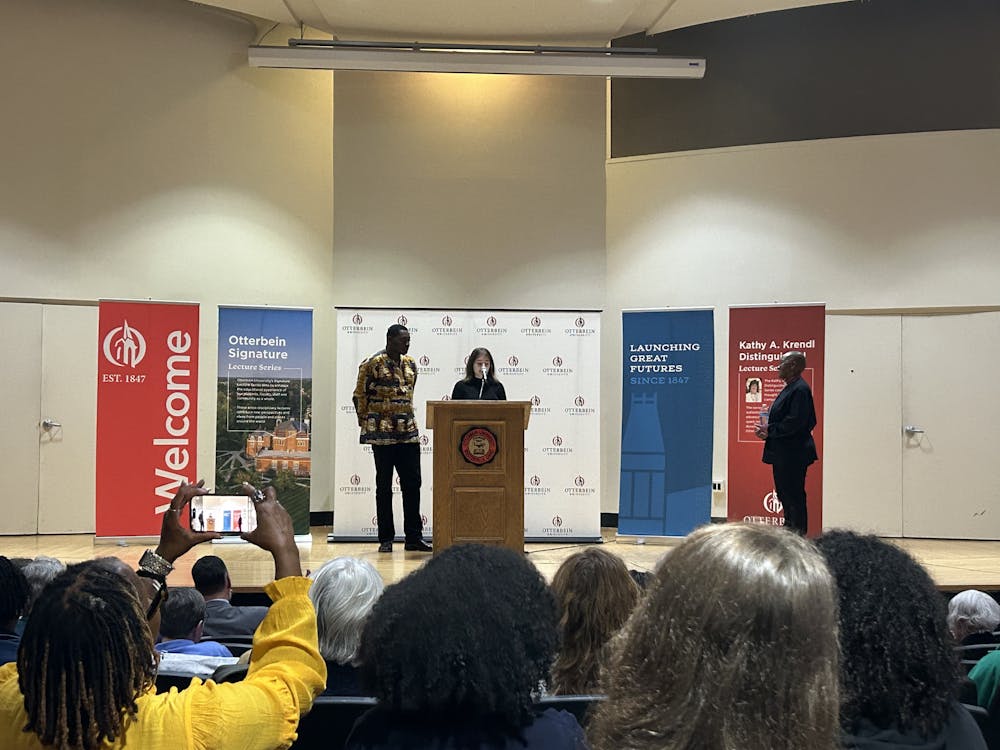Our political discussions aren’t productive enough.
Political division, especially among younger people, has grown in the last decade. It’s difficult to discuss differing opinions in healthy ways without tempers flaring and arguments starting. We’ve shifted toward both sides of the left-right political extreme, and in doing so, we’ve harmed our ability to talk peacefully.
The main problem
Fundamentally, there is nothing wrong with disagreement in politics. Diverse opinions in a democratic system increases prospects for more nuanced and creative policies. However, instead of unifying our differences, we participate in distrust, dishonesty and tribalism.
One place where hatred and civil instability have seen a rapid increase is the internet. Given how much time the average person spends on the internet daily, online spaces have become hubs for toxicity. Users on online platforms like Reddit, Twitter and Instagram rarely make comments that are civil and productive, even when not discussing politics.
It has been observed that polarization is a large factor in toxic discussions on social media. The comments and statements made in partisan threads are found to be more toxic, less polite and more susceptible to moral outrage. The spread of misinformation and exploitation of radical ideas worsens the issue.
The exception
There are times when moral outrage and civil division may be acceptable. Pew Research Center found that recent spikes in political division are related to partisan identity becoming aligned with racial, religious and gender identity.
As such, one’s political beliefs are reflective of more than just what they think about America’s institutions; they’re reflective of what they think about America’s marginalized communities.
Many believe that remaining friends despite political disagreement does not apply to President Donald Trump and his supporters. On account of the president’s openness with racist, sexist and anti-immigrant rhetoric, this makes sense.
This messaging directly harms members of marginalized communities on a national level. A difference of belief along the lines of a person’s or group of people’s right to exist how they want can’t be overlooked.
In the aftermath of a strenuous election period, and the frustrating turnout for many left-leaning American voters, some find vindication in their refusal to associate with Trump supporters or members of the Republican Party generally.
What do we do?
Recent studies have shown that, for good reason, the majority of Americans are fed up with political division. This includes students. Navigating conversations where different beliefs about abortion, racial identity, gender dynamics and religion is uncomfortable and exhausting. Relationships can be put under strain when it’s discovered that two people have opposing beliefs about a sensitive topic.
Provided that we don’t encounter a difference of belief on the oppression of marginalized communities, there are a variety of ways we can start to bridge the political gap.
The best we can do is make a good-faith effort to remain open and kind and look for areas where common ground can be found. It’s important to actually put effort into communicating our beliefs in healthy ways and to be attentive listeners when others do the same.
On Nov. 6, Otterbein hosted a lecture given by Rev. Nontombi Naomi Tutu titled “This is Not the End of The Story.” During her lecture, the reverend spoke about the state of America’s political divide to the Westerville community. She remarked on the hate and division present among America’s voters before, during and after the 2024 presidential election.
“Hate is easier to sell than compassion,” Tutu said.
She believes that while hate may be a short-term solution to political divide, it’s unsustainable as Americans move forward.
Tutu said, “It’s dangerous to not question the dehumanization of those around you. It’s okay to have different opinions, but it is not okay to dehumanize others with different opinions.”








